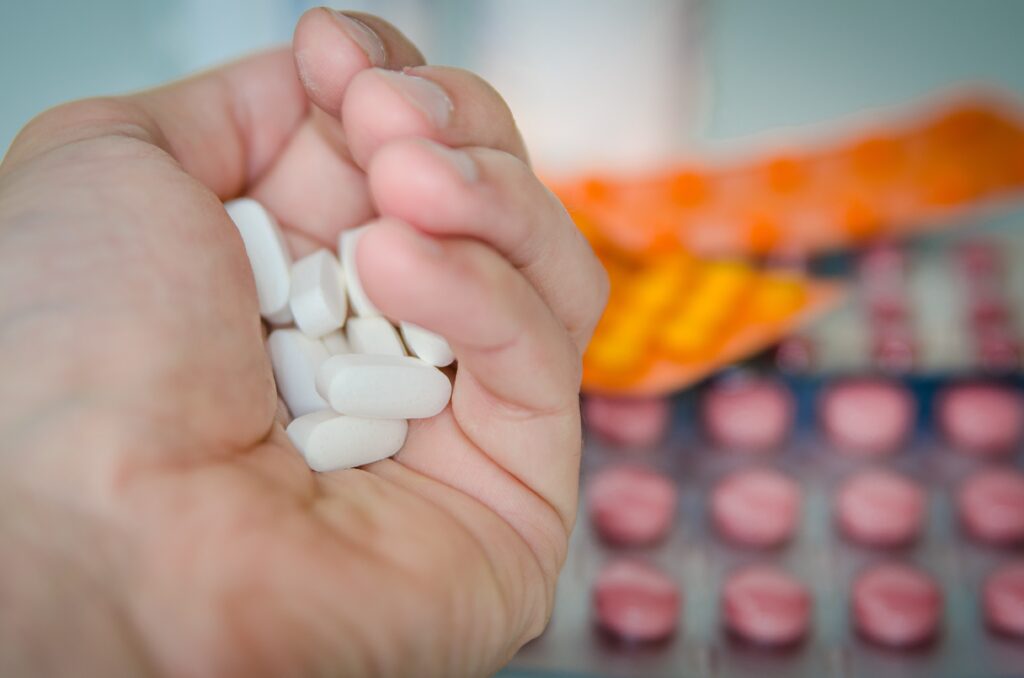Eight out of 10 medicines that are out of stock on the market are generic, a situation that conditions populations' access to health and negatively impacts the costs borne by patients and the SNS, warned the industry association yesterday.
Until Friday, 1.214 presentations of medicines were temporarily unavailable on the market (a medicine can have several presentations that correspond to different dosages and package sizes), of which 957 (79%) are generic, according to figures advanced to the Lusa agency by the Associação Portuguese Association of Generic and Biosimilar Medicines (APOGEN) based on data from the national drug authority (Infarmed).
Of the medicines (presentations) that were discontinued in 2022, 67% were generics, according to data provided by the association, regarding the 31 years since the beginning of the commercialization of generics in Portugal, marked yesterday.
«On this day we call for the creation of conditions that ensure the availability of these more accessible health technologies for the population. It is necessary to create a consensus that allows a balance between the sustainability of health expenditure with the competitiveness and attractiveness of the pharmaceutical industry that researches, develops, produces and markets generic medicines for the benefit of the Portuguese», defended the president of APOGEN Maria do Carmo Neves, this friday.
For Maria do Carmo Neves, «there is a long way to go» that needs to be done in terms of the sustainability of the industry: «Prices are very low and, as they are very low, we see drug shortages».
The official told Lusa that "often they have a greater echo" because they are molecules of very common use, such as paracetamol (analgesic), amoxicillin with clavulanate (antibiotic) or propranolol (for hypertension) that are missing.
«But there is much more than these products missing», he lamented, considering this «a problematic situation» for the user, because he may stop adhering to the therapy and worsen his clinical conditions, and for the State because the molecules that have a higher price and which are sustainable.
Maria do Carmo Neves defended an annual price review for «products that have very low prices», at least in line with inflation, and for those with lower prices that are even above inflation in order to be able to enter the market.
Last year, he recalled, «there was a 5% increase for these drugs, but it was clearly insufficient», he said, clarifying that, at the moment, there are many molecules that are manufactured in which the manufacturing cost is higher than the selling cost to the public.
According to the official, there are medicines that cease to exist because "companies do not market what gives them negative margins". Therefore, she added, «the sustainability of the National Health Service and of the citizen depends on the sustainability of these supplier companies».
According to APOGEN data, generic drugs have saved €7.000 billion over 20 years.
So far this year, 262 million euros have been saved with the dispensing of generic medicines for the SNS and for Portuguese families, according to data from the Center for Health Studies and Evaluation and the online counter on the APOGEN website.

















Comments